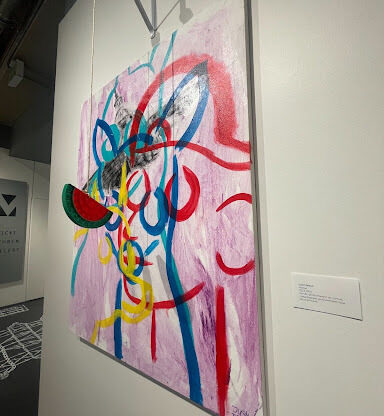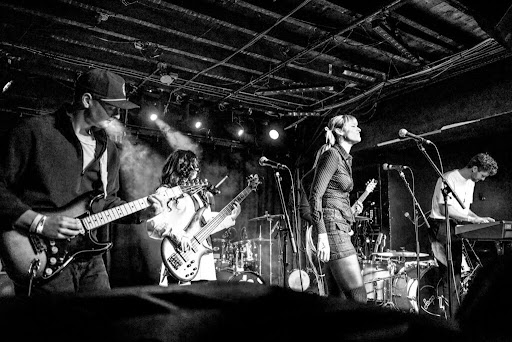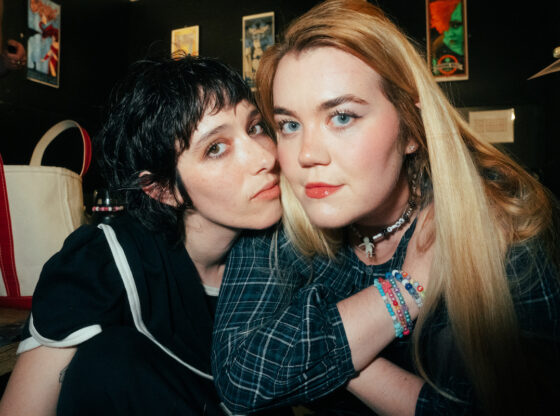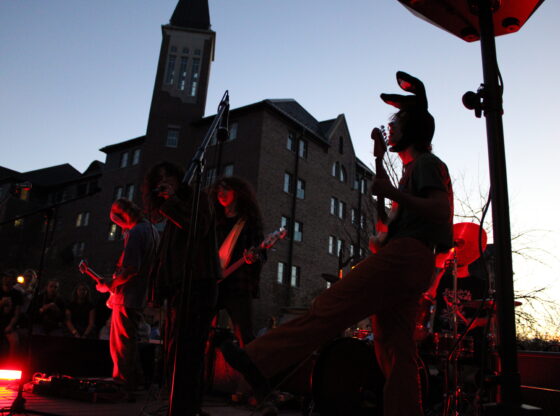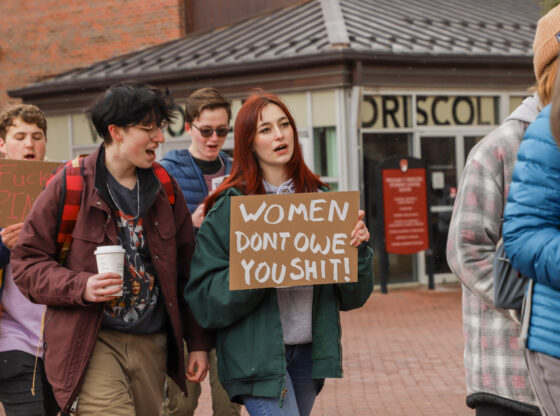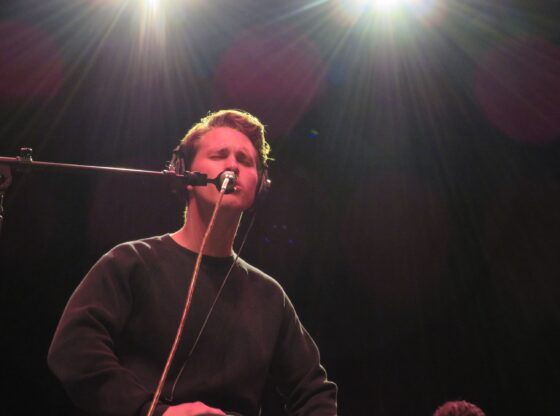Pop culture was always something that I knew about, but could never really define. I could say that comics or music was seen as pop culture, but I could not explain why. The issue I had was the definition of the term; more specifically, what made pop culture “popular.”
Sociologist Dr. David Grazian in his book “Mix It Up” defines pop culture as “the aesthetic products created and sold by profit-seeking firms operating in the global entertainment market.”
For Dr. Grazian, pop culture is something sold by companies that serves no utilitarian function. The news, comic books, makeup and songs are all “objects of culture” that are marketed by companies for us to buy that we don’t really need.
However, the idea that pop culture is sold by companies to me is outdated. The ability for trends to be started on social media platforms such as TikTok and YouTube is something that seems to be part of daily life, as new trends pop up every day. And while both companies make money off of the sharing of the videos/trends, they did not create what became pop culture.
When asked to give his definition of pop culture, third-year student Charlie Schiavo said that pop culture is “a collection of trends and practices adopted from popular media such as film, television and music that influences social behavior for a group or groups of people.”
This definition allows for the idea that anyone can create pop culture. As previously mentioned with TikTok and YouTube, anyone can create the next viral trend, song, or showcase fashion, comics or more. The consumers of the culture have the ability to also create it.
Over time, companies such as record labels have made way for the internet to distribute and decide what is pop culture.
As Junior Mackenzie Reter said regarding what falls under pop culture, “I think a mixture of corporations and consumers decide. Corporations try to make things fall under pop culture, but in the end, the consumers are the ones that truly decide.”
Many companies will attempt to categorize or spread an aspect of culture, but in the end, the public decides to make it popular by consuming and spreading it. This spread of culture is what allows something like a song to become part of pop culture.
Anthropologist Shirley Fedorak uses the definition that culture is the “whole way of life.” Applying this to pop culture allows us to realize how permeated things such as song lyrics, movie quotes and more affect our day and how we interact with people.
Dr. Lynn Schofield Clark says in an article, “Popular culture is also a fundamental part of our social lives… It provides an especially emotive language through which we communicate with others about those things that are especially meaningful to us.”
That is what actually makes pop culture popular, our ability to connect with others over it. Movies such as Forrest Gump are part of pop culture as I am able to connect with others by discussing the movie, or just by saying a quote that has been heard by them and many others. This allows us to showcase part of our personalities, values and beliefs as well as allows us to make connections between people. Even if you do not like something that is considered pop culture, that dislike still allows you to make connections with others who share a similar view. These connections created through pop culture likes/dislikes also lets us cross boundaries to connect with those from other countries.




